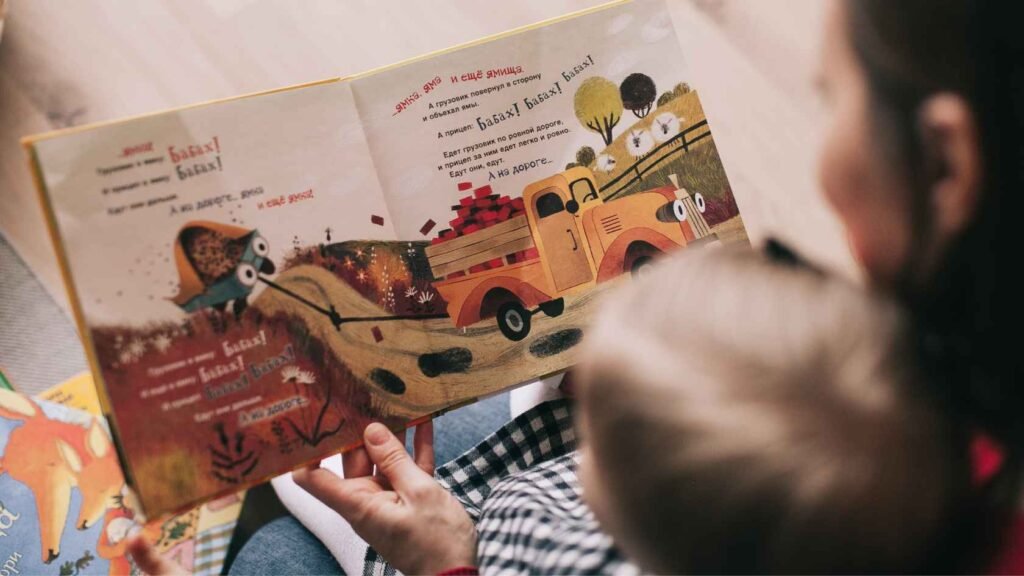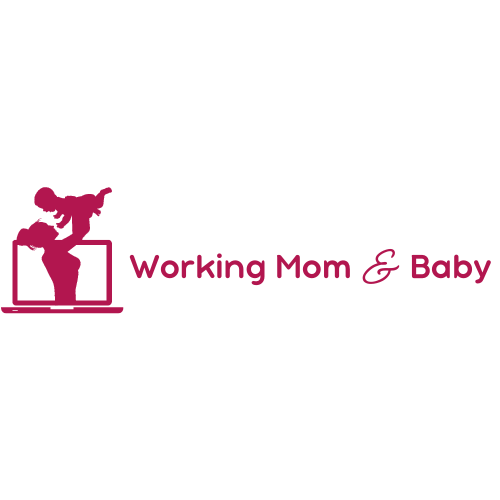Educational activities for toddlers at home can be simple, like sensory play, counting games, and self-help tasks. Find easy ideas that support their growth.
As working parents, we find it hard to make time for our toddlers’ education.
However, even small, daily activities at home can make a big difference in their growth and development.
With a few simple ideas, you can introduce learning through play and support your child’s development. All in ways that fit into your busy day.
Related Reading: Unlock the Power of Parallel Play: Fun Ideas for Toddlers
When Do Toddlers Start Learning?
Learning begins almost from birth. However, between the ages of 1 and 3, toddlers begin to understand their surroundings more deeply.
During these years, they develop curiosity, memory, and reasoning. It’s the perfect time for fun, simple activities. They can build learning and motor skills.
How to Start Teaching Toddlers at Home
Toddlers learn best when they’re exploring, imitating, and using their senses.
Here are some guidelines for creating a playful learning environment:
Keep It Short and Engaging
Toddlers have short attention spans. So, aim for activities that last 5 to 10 minutes at first.
Let Them Lead
Follow your toddler’s interests. This could be stacking blocks, coloring, or exploring textures. Letting them lead keeps learning enjoyable.
Use Everyday Items
Learning doesn’t need fancy tools. Household items like pots, plastic containers, and cardboard boxes can become learning tools.
Educational Activities for Toddlers at Home
Here are a variety of activities you can do at home to encourage your toddler’s learning and development:
1. Sensory Play for Brain Development

Sensory play helps toddlers explore their senses, improving memory, language, and problem-solving skills.
Create a sensory bin with rice, beans, or water. Add spoons, cups, and small toys for them to dig, scoop, and pour.
Benefits
This activity develops fine motor skills. It helps them learn about different textures and sounds.
2. Simple Counting and Color Games
Early exposure to numbers and colors boosts toddlers’ math and language skills.
Use colorful blocks or toys to teach colors and basic counting. Try sorting items by color, or count as you stack blocks together.
Benefits
This activity builds early math skills and helps with color recognition.
3. Story Time and Picture Books

Reading to your toddler helps develop their language and listening skills. They also begin to recognize words and sounds.
Choose books with simple words, bright images, and textures. Let them turn the pages and point to pictures while you name each object.
Benefits
This activity enhances vocabulary and builds attention span.
4. Sorting and Matching Activities
Sorting helps toddlers practice problem-solving and recognize patterns. These are foundational skills for math.
Use objects like socks, toy animals, or colorful lids. Encourage them to sort by size, shape, or color.
Benefits
This activity sharpens observation and critical thinking skills.
5. DIY Art with Household Items
Creating art helps toddlers practice fine motor skills, recognize shapes, and express creativity.
Use safe household items for painting and stamping. Sponges, cotton swabs, and empty boxes are good options. Let them make marks and patterns freely.
Benefits
This activity develops hand-eye coordination and gives a creative outlet for self-expression.
6. Pretend Play for Social Skills

Pretend play helps toddlers build social and emotional skills. It teaches them empathy and imagination.
Give them toy kitchen items, dolls, or stuffed animals. Encourage them to “cook,” “care for the doll,” or “pretend to feed” you.
Benefits
This activity will boost creativity, language, and social understanding.
Related Reading: Quiet Time Ideas for Toddlers You’ll Wish You Knew Sooner
It’s also a Good Time For Toddlers to Learn Self-Help Skills
Along with learning activities, this is the ideal age to teach toddlers self-help skills.
Self-help activities help them be independent and confident in daily tasks. Start with simple routines. Get dressed, brush teeth, and tidy toys.
Self-help skills encourage toddlers to develop responsibility in a safe, fun way.
Here’s how to introduce these skills to your toddlers:
1. Start with Simple Tasks
Start with activities they can understand. For example, have them put away toys, wipe the table, or bring their plate to the sink after eating.
2. Offer Gentle Guidance
Demonstrate first, then encourage them to try on their own. For example, show them how to put on their shoes or zip a jacket. Then, cheer them on as they attempt it themselves.
3. Praise Their Efforts
Acknowledge their attempts and progress. Focus on their effort, not the outcome. Positive reinforcement boosts their motivation.
Related Reading: You Should Know How Independent Play for Toddlers Can Help Your Busy Day!
Encouraging Learning and Growth Through Simple Activities
You don’t need fancy toys or long playtimes to create a learning environment at home. The most effective activities are simple, fun, and fit your routine.
With a few intentional moments each day, you can help your toddler grow. It will boost their independence and love of learning.
What are your favorite at-home activities with your toddler? Share your ideas in the comments below.
Check out more articles on workingmomandbaby.com for additional tips on balancing work, parenting, and child development.

